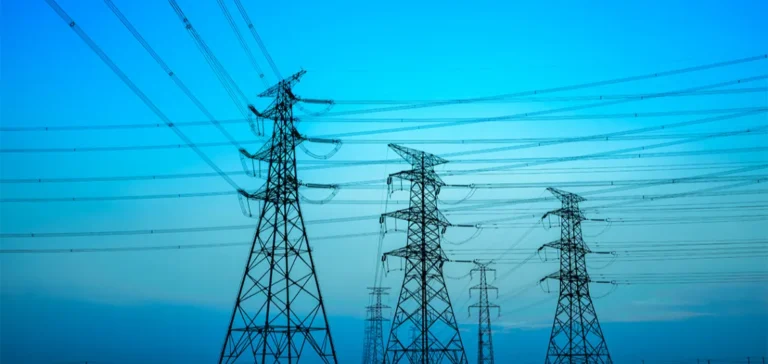The global natural gas power generation market is projected to reach $122.49bn by 2030, up from $96.95bn in 2025, according to forecasts indicating an average annual growth rate of 4.8%. This trend is fuelled by the need for stable energy supply capable of meeting peak demand and balancing the intermittency of renewable sources.
Open cycle technologies leading growth
By technology segment, open cycle power plants are expected to see the highest growth rate during the period. Their ability to start up and shut down quickly makes them especially suited to meet peak consumption periods. Moreover, their lower capital expenditure compared to combined-cycle plants supports faster deployment. Recent innovations in aeroderivative turbines and small-scale installations are reinforcing this trend by lowering maintenance costs and improving energy efficiency.
Mid-range capacities: a balance between flexibility and performance
Facilities with a power output between 201 and 500 MW are also expected to grow steadily. This segment offers a compromise between production capacity and operational flexibility, while integrating well with urban and industrial infrastructure. Their faster commissioning and adaptability to changing demand make them preferred solutions in energy transition contexts.
Asia-Pacific demand accelerating
The Asia-Pacific region is identified as the fastest-growing market through 2030. The rise of digital economies, the expansion of data centres in China and India, and extreme climate events are driving demand for reliable electricity. Public policies such as China’s coal-to-gas conversions and tax incentives for liquefied natural gas (LNG) in the Philippines are supporting this momentum.
Regional LNG imports and pipeline network expansion across Association of Southeast Asian Nations (ASEAN) countries are enabling better integration of natural gas into a power mix increasingly shaped by intermittent solar and wind sources.
Industry players in motion
Several major companies are actively shaping this transformation. Firms such as GE Vernova, Siemens Energy, MITSUBISHI HEAVY INDUSTRIES, LTD., Wärtsilä, and Caterpillar Inc. are pursuing partnerships, acquisitions and new projects to strengthen their positions in a shifting market. Strategies focus both on technological advancement and geographic expansion in high-demand regions.






















